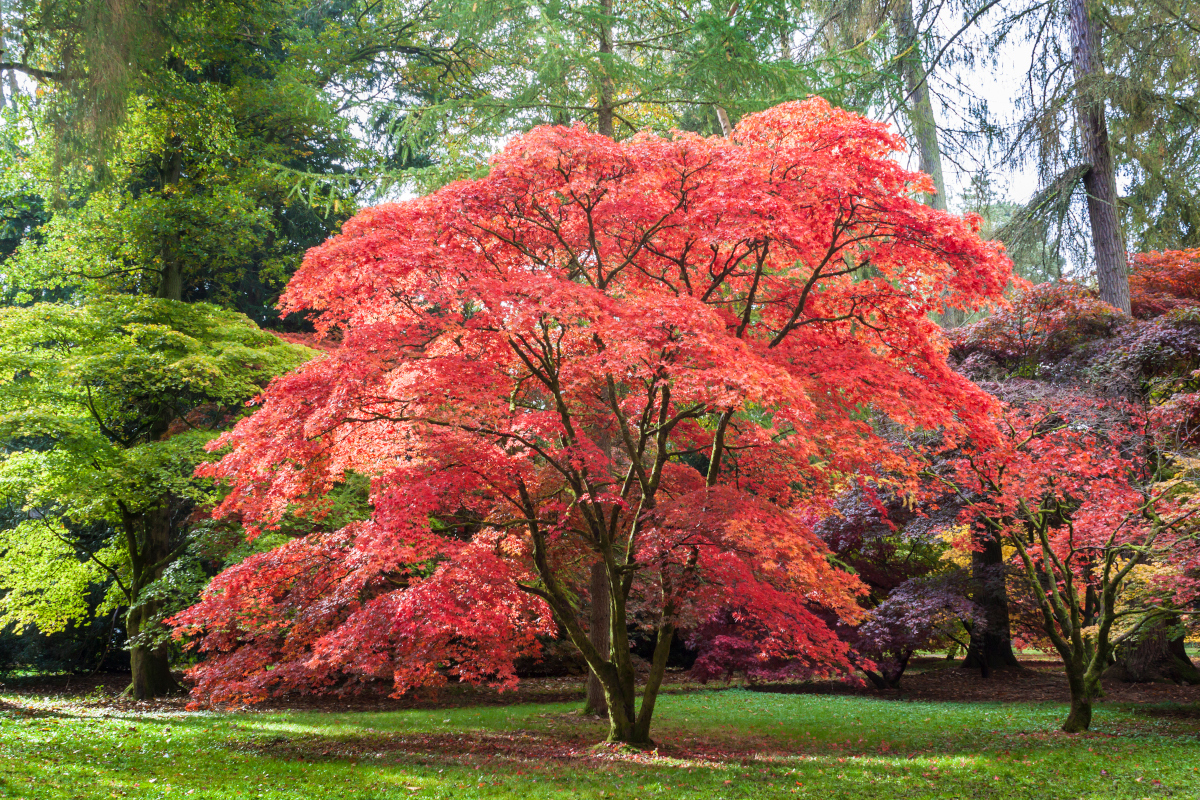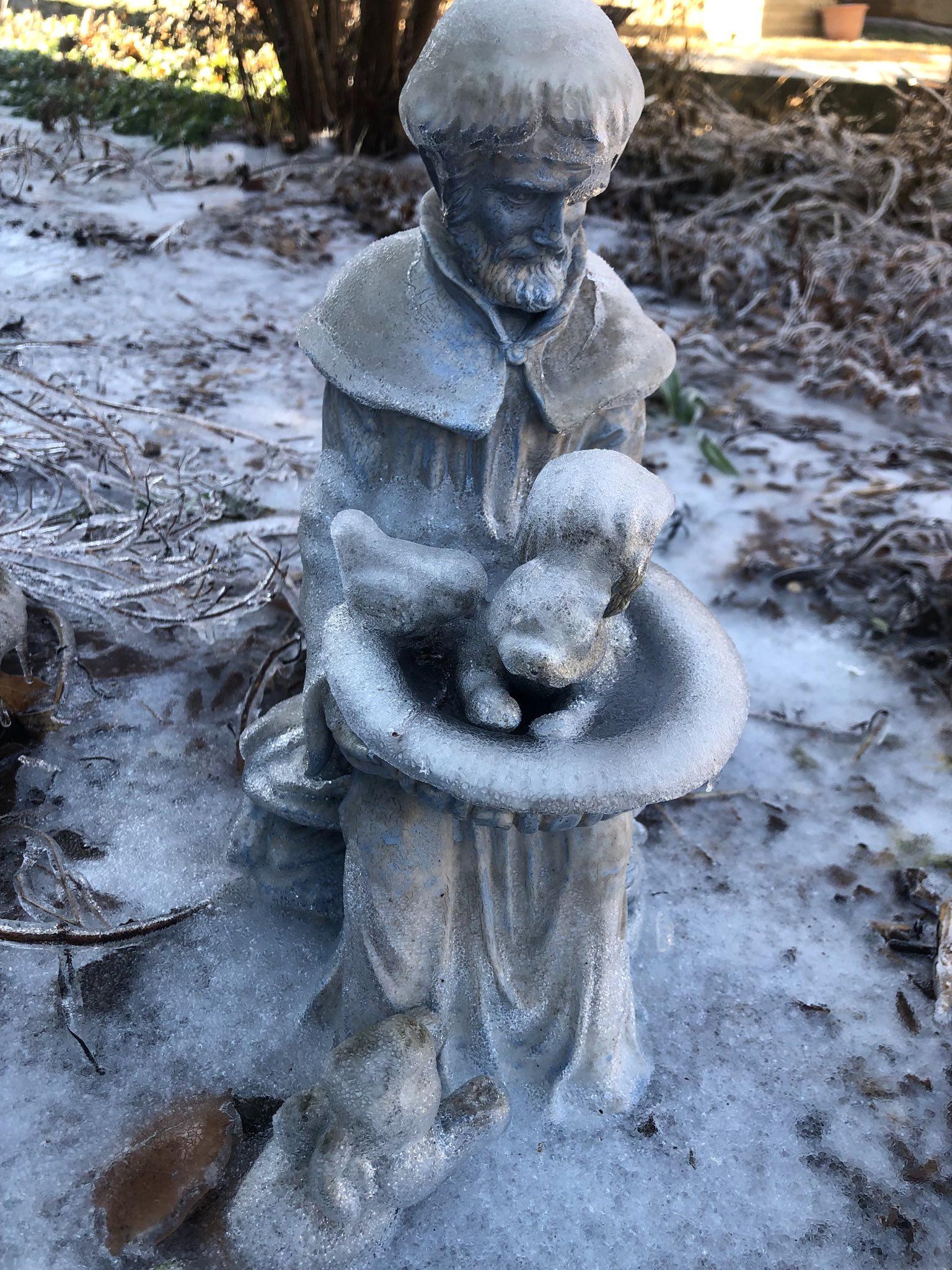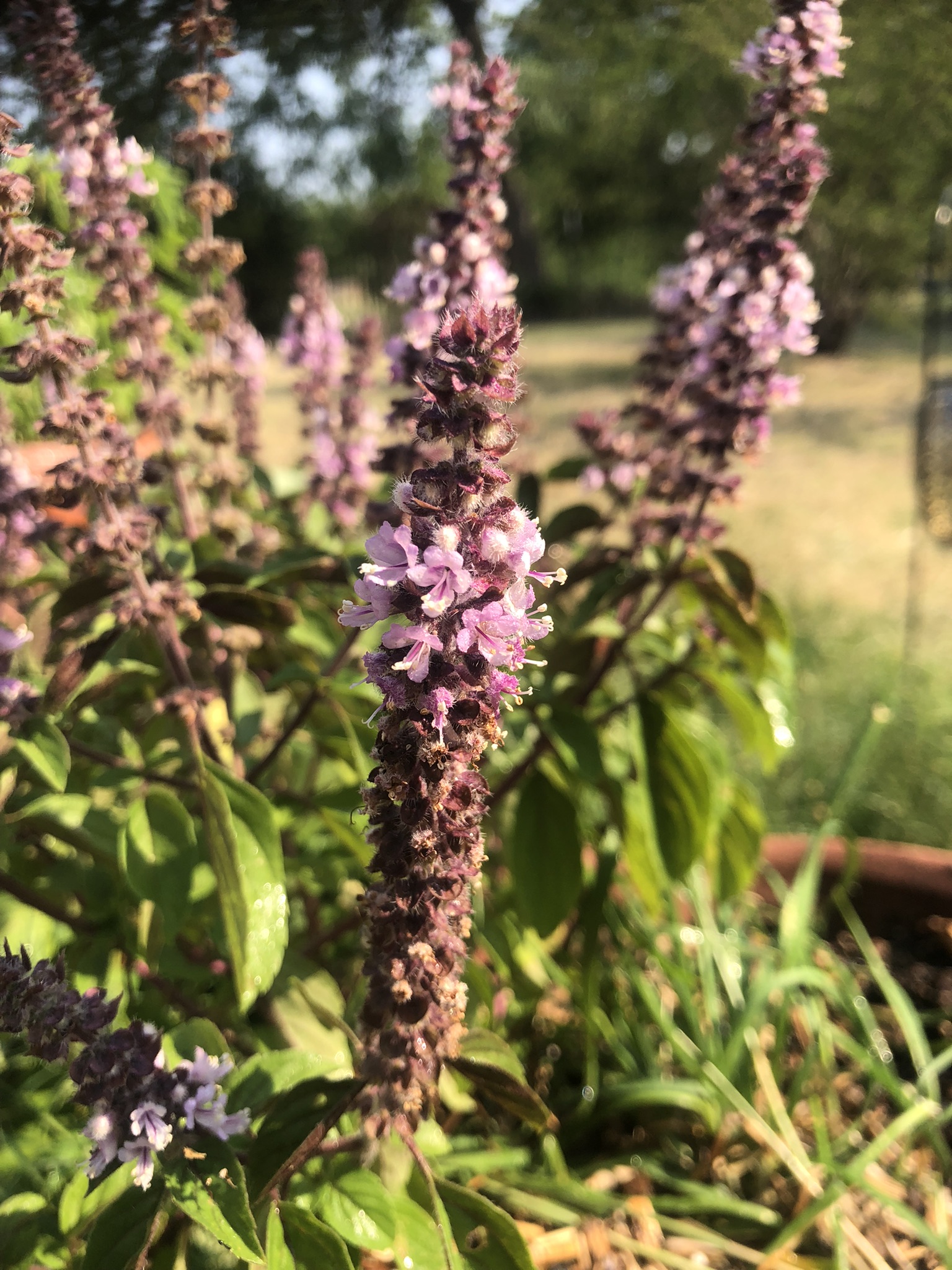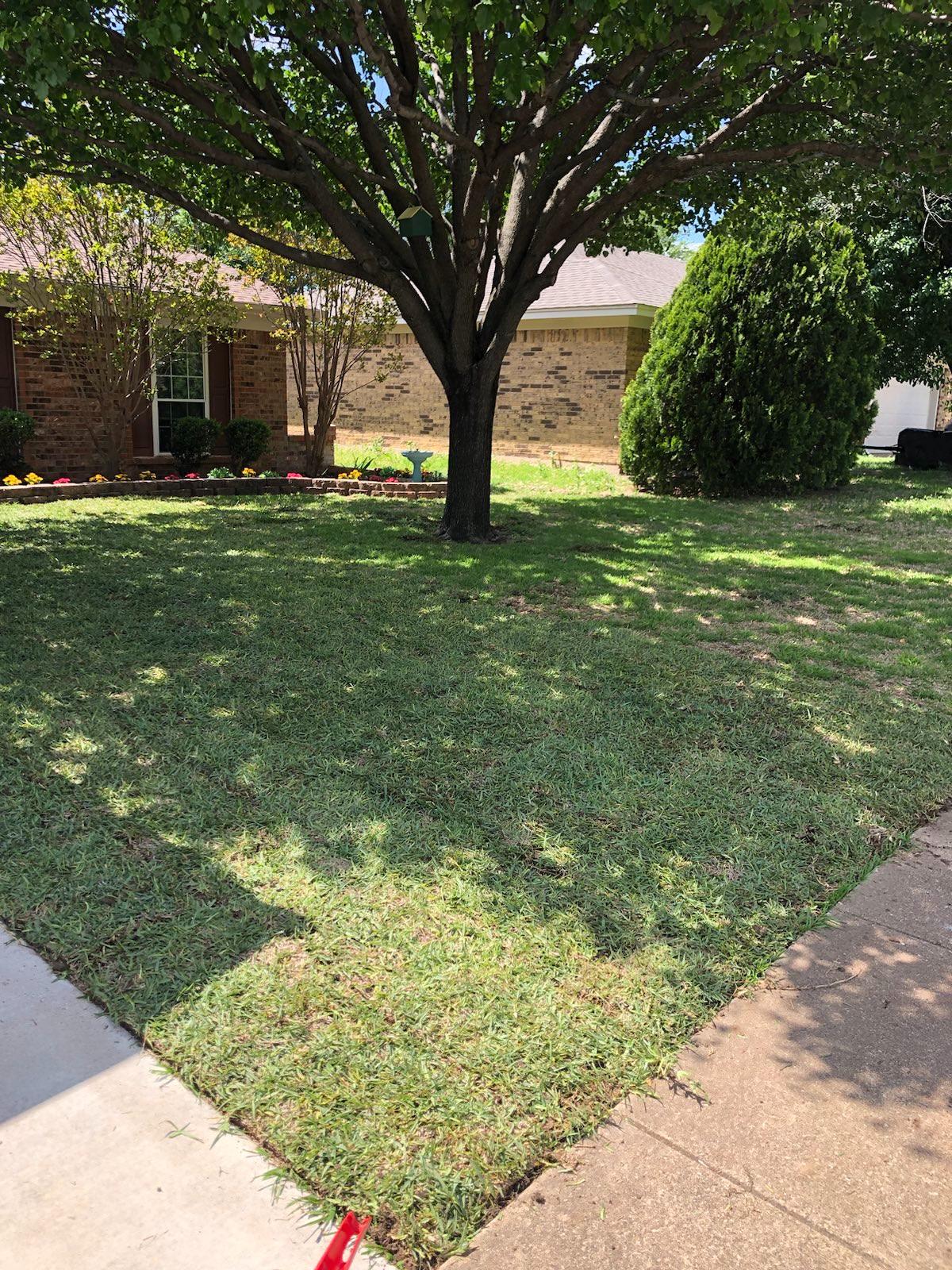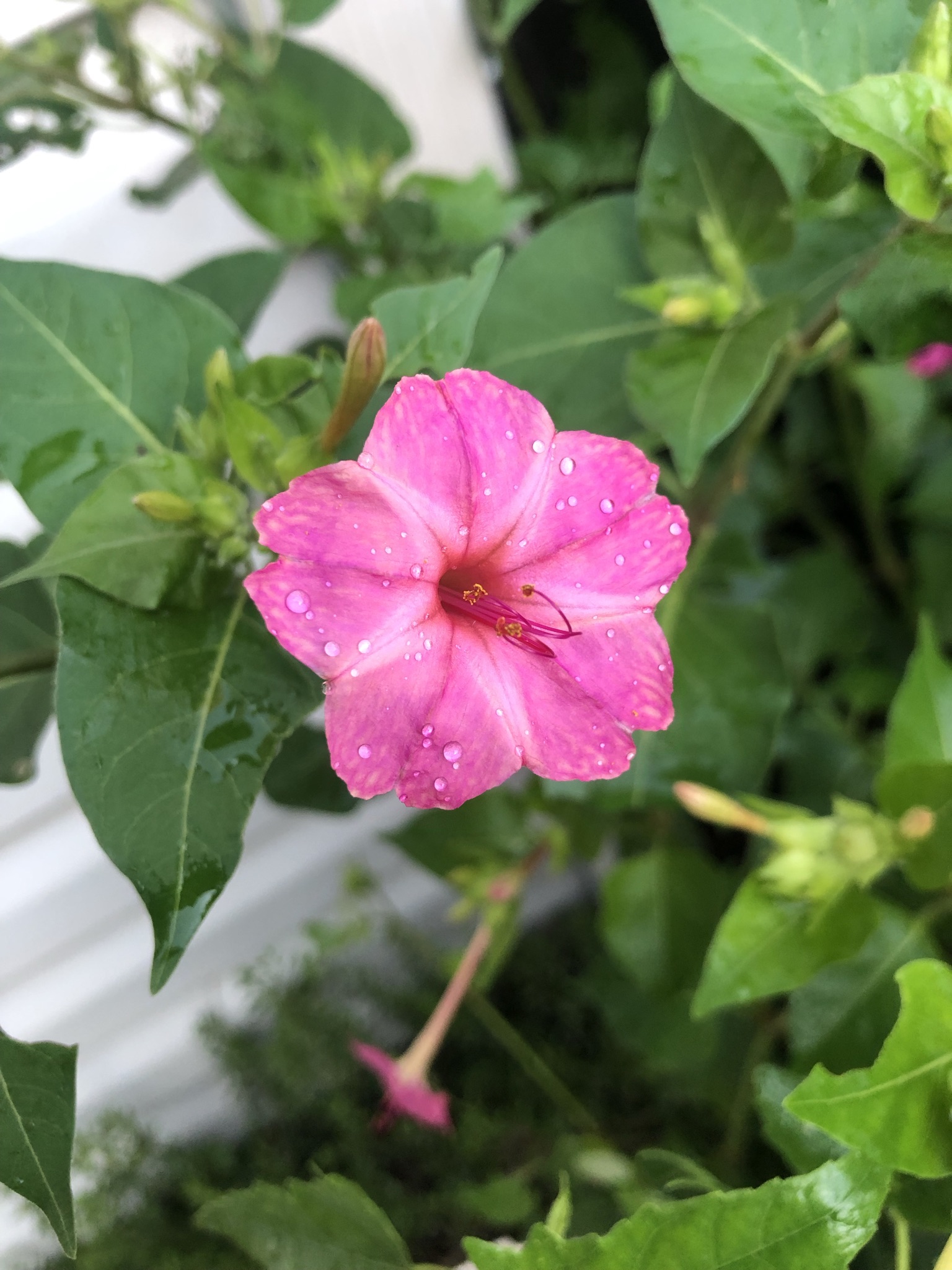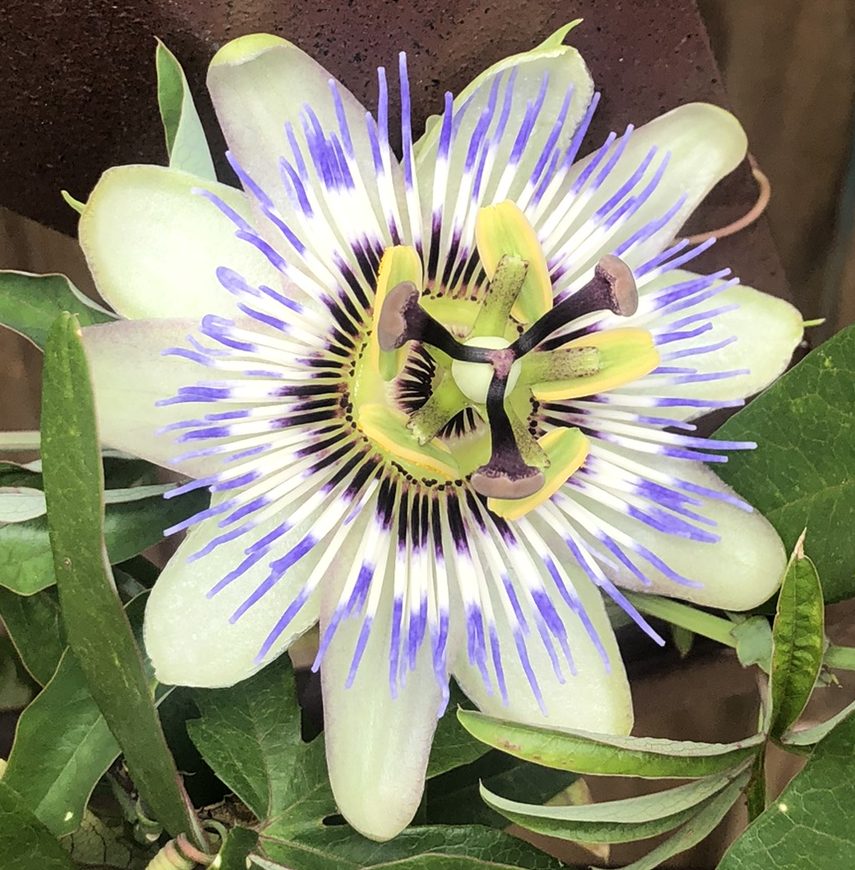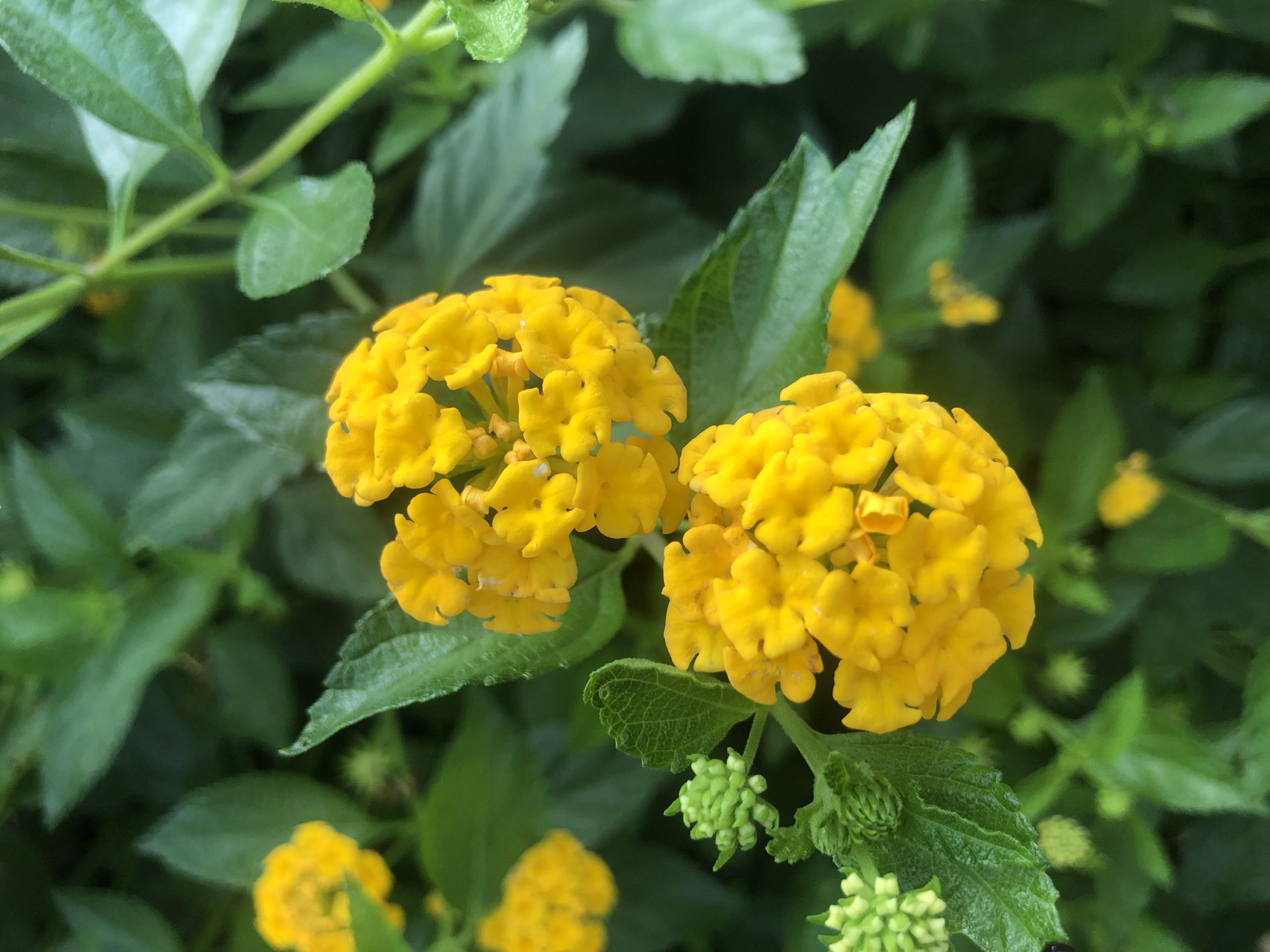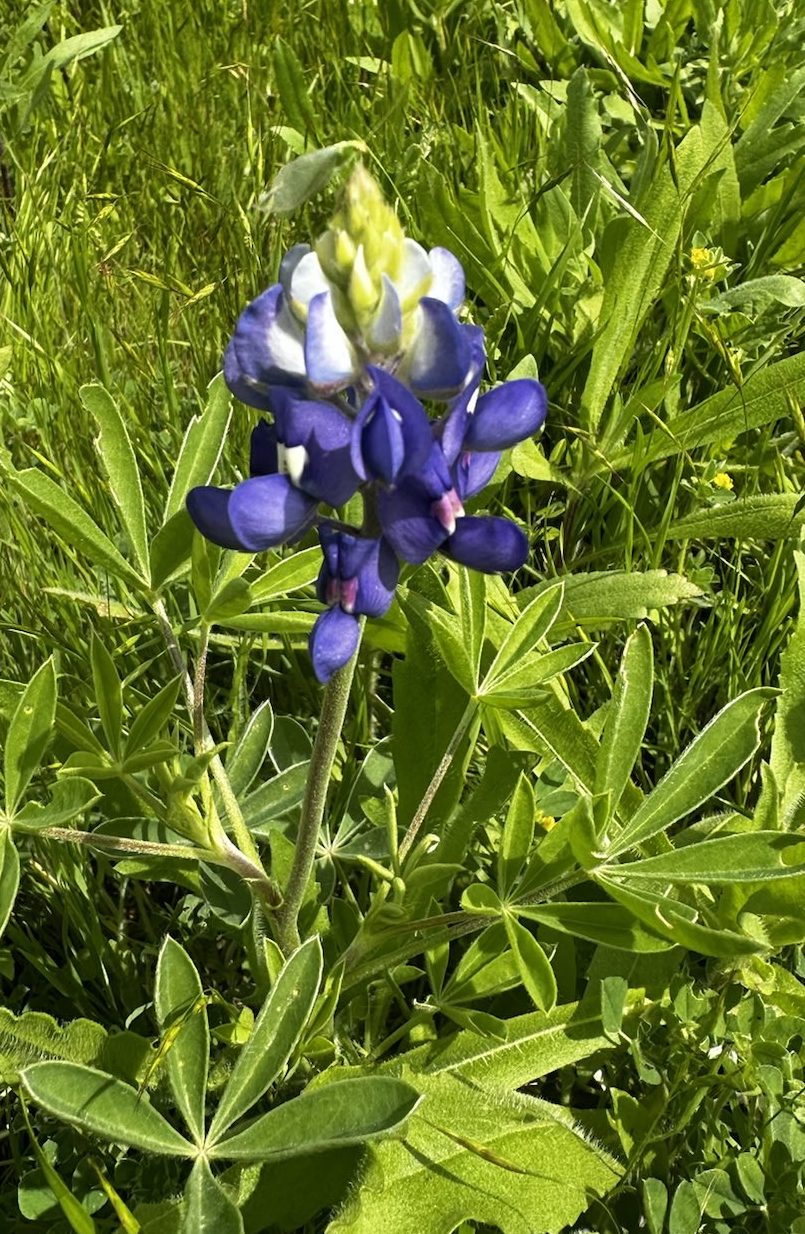 The warm weather is here at last, and it’s here to stay for a while. We’re completely free of any risk of frost, and if you haven’t gotten your spring planting done yet now is the time! Many of you have already seen the trees, shrubs, and other perennials begin to bud, bloom, and leaf out. Our late bloomers aren’t far behind. So, what do we need to focus on in April?
The warm weather is here at last, and it’s here to stay for a while. We’re completely free of any risk of frost, and if you haven’t gotten your spring planting done yet now is the time! Many of you have already seen the trees, shrubs, and other perennials begin to bud, bloom, and leaf out. Our late bloomers aren’t far behind. So, what do we need to focus on in April?
For your lawns, it’s too late now to apply a pre-emergent to prevent weeds, but you’ll have another opportunity in June. If you do have pesky weeds in your lawn you can still use a broadleaf weed killer with at least 1% 2,4-D but make sure to apply it only where needed early in the morning when there is little or no wind. Remember that it can damage or kill other plants and flowers in your garden beds. Now is also the time to apply an all-nitrogen fertilizer to your lawn to encourage growth and give it lush green leaves. When mowing, do not mow too low. If you lowered your mower to scalp your lawn last month remember to raise it up. Taller lawns create healthier grass and encourage better root growth.
This is the perfect time to plant all of your heat loving annual varieties from 4″ or 6″ pots, or from seedlings you started indoors earlier this year. Perennials should be started from quart or gallon pots. Annual varieties include purslane, lantana, pentas, purple fountain grass for your full sun gardens. In the shade you can add coleus, caladiums, and begonias. If you’re wanting to add a rose or two to your garden this is also a great time for that as well. We recommend varieties such as Earth-Kind, but other brands such as Knockout roses are also a good choice. For climbing roses it’s hard to go wrong with the stunning Joseph’s Coat or Peggy Martin, just remember that your climbers will need a trellis or some other support. Keep a close eye out for rose-rosette, also known as witches broom, which is an incurable virus that can quickly spread among rose plantings.
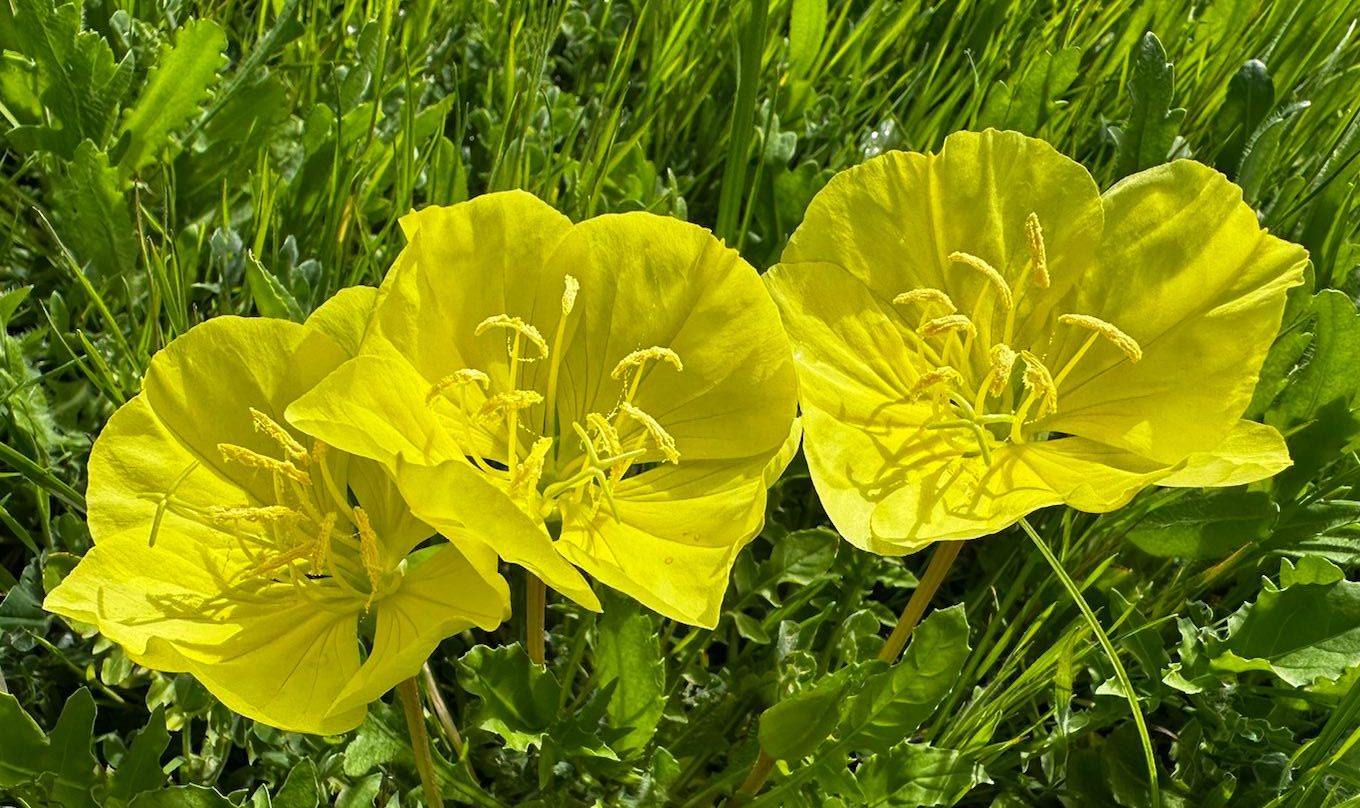 Once your spring flowering trees and shrubs are done for the season you can start pruning and shaping them. Wisteria, redbud, and dogwood trees should be pruned when the flowers drop. Wisteria should be pruned by hand to help it maintain a more natural look. For your trees you should remove any low hanging branches, water sprouts, hanging branches, or crossed branches. On your stone fruit trees such as peaches or plums you should keep the previous advice in mind but pay close attention to where fruit is setting. Judicious pruning will help the tree direct resources to the fruit that remains and produce larger fruits on those remaining.
Once your spring flowering trees and shrubs are done for the season you can start pruning and shaping them. Wisteria, redbud, and dogwood trees should be pruned when the flowers drop. Wisteria should be pruned by hand to help it maintain a more natural look. For your trees you should remove any low hanging branches, water sprouts, hanging branches, or crossed branches. On your stone fruit trees such as peaches or plums you should keep the previous advice in mind but pay close attention to where fruit is setting. Judicious pruning will help the tree direct resources to the fruit that remains and produce larger fruits on those remaining.
As we noted earlier, weeds are returning along with the warm weather. Make sure to keep on top of weeds in any of your garden beds. Adding a layer of mulch after removing weeds helps immensely in weed suppression. Mulch also aids in moisture retention and soil temperature. This will become critically important as we move into the summer months when the hot Texas sun can dry everything while raising surface soil temperatures well above 130° in some cases. Along those same lines it is critically important to make sure your lawn and plants are receiving adequate water. New growth in the spring is heavily dependent on spring rains supplemented by your irrigation system. Modern sprinkler systems using ET (Evapotranspiration) controllers are one of the best ways to keep your plants properly hydrated. They tap into the internet and pull rainfall totals, humidity information, and more to precisely apply the amount of water needed. This not only helps your garden but can save you from a hefty water bill later this year. These modern systems can also be monitored and controlled from handy phone-based apps so that you can keep an eye on things no matter where you are.
It certainly is an exciting time of year, and Desiree Gardens is always here to help. Need help with your irrigation or sprinkler system? Does your garden need an overhaul or just a general checkup? Give us a call at 817-202-4808, or drop us a line and contact us here, to find out how Desiree can help you create a wonderful garden with a budget you can afford.
Like what you’re reading? Get information like this delivered straight to your email inbox by signing up here. We will never sell your information, and you can unsubscribe at any time.






